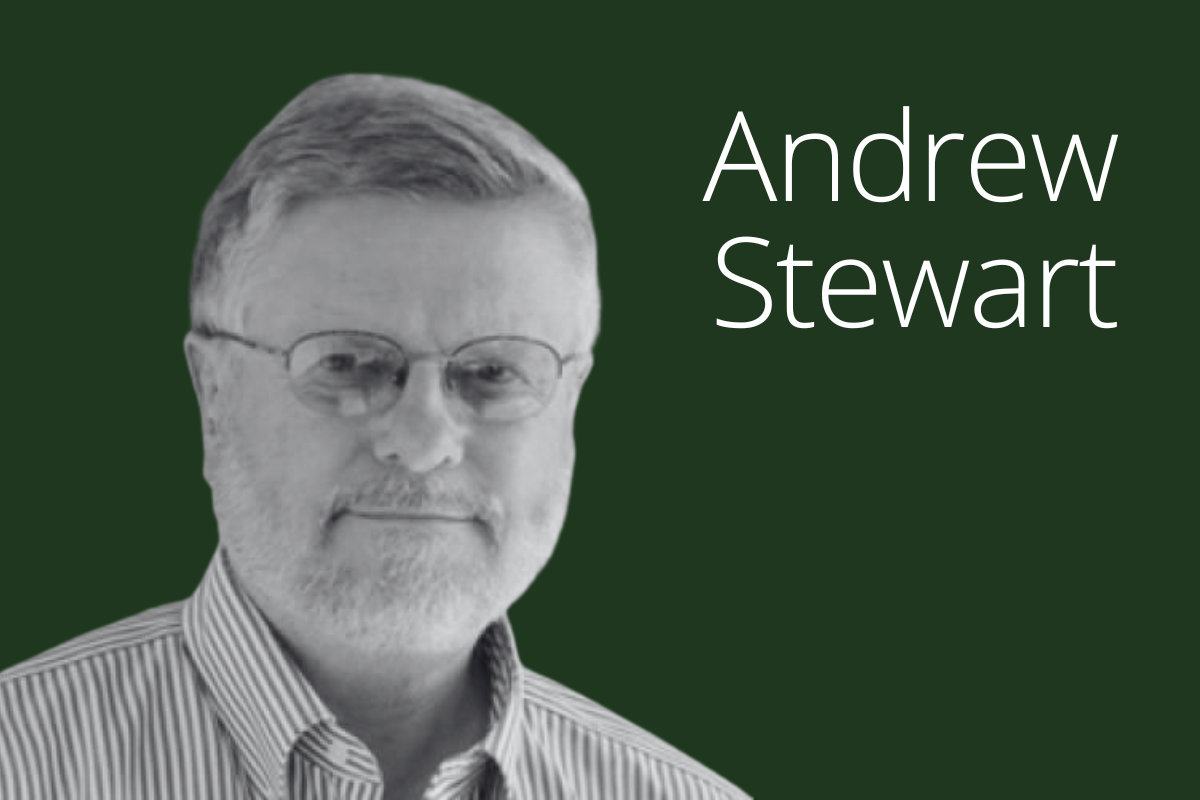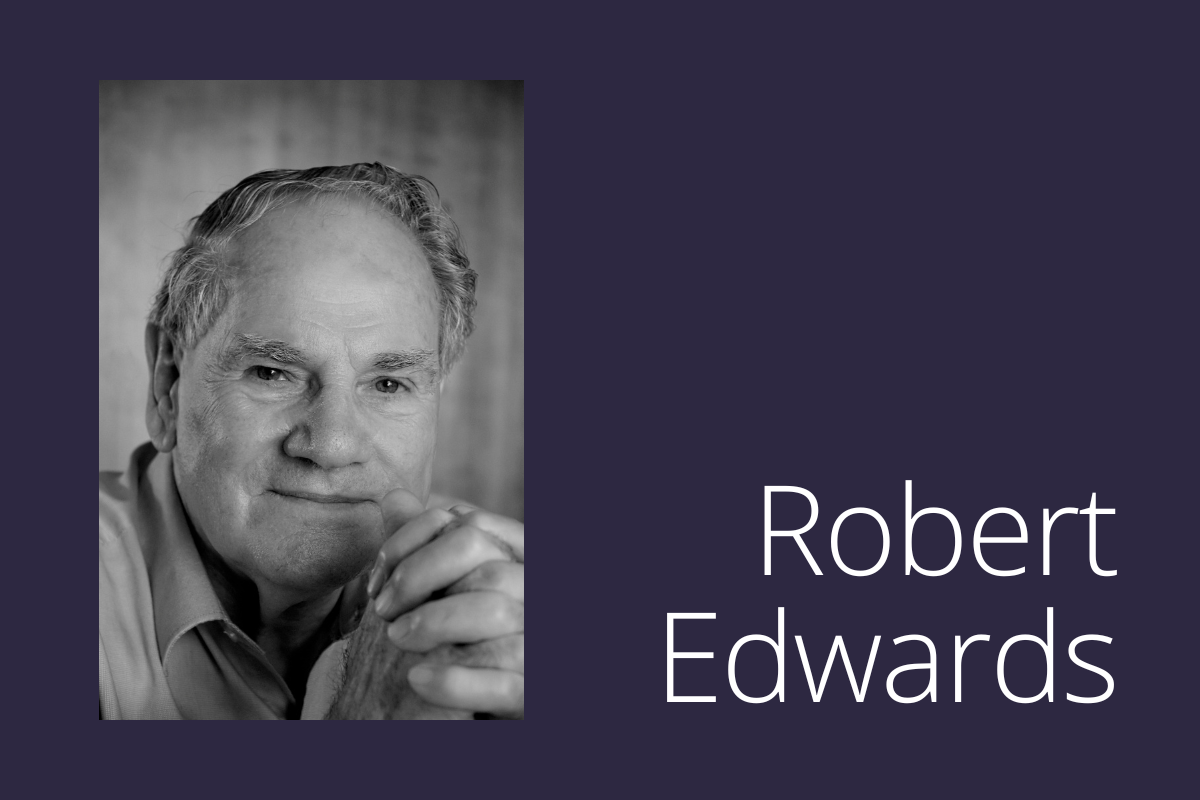Professor Lal was born in Labasa on the northern island of Vanua Levu, Fiji, in 1952. He completed a Bachelor of Arts at the University of the South Pacific, a Master of Arts at the University of British Columbia and a PhD at the Australian National University (ANU).
Freedom’s fire burnt bright in Brij Lal. Like Desmond Tutu of South Africa, who died the day after him, he was an unyielding critic of political repression and racial discrimination. Despite persecution he opposed publicly four coups, three in defence of Fiji’s 1997 constitution, which with Tomasi Vakatora Snr and Sir Paul Reeves he drafted. Appointed in 1995, the three-man Constitution Review Commission confronted tension between a growing Indo-Fijian community resentful of its many disadvantages, and an Indigenous Fijian community anxious that its birthright was being swamped. The trio recommended a workable balance for this almost intractable problem, in a constitution which guarded against racial prejudice, was second in the world after South Africa to prohibit discrimination based on sexual orientation and was as nearly democratic as could be.
It did not avert violence. When in 2000 and 2006 coups threw it away, Brij spoke and wrote bravely to expose the new regimes’ follies. For this, one day in November 2009, burley policemen took him from his Suva home, punched him, smashed his glasses, and put him overnight in a dank, unlit and stinking cell. He thought he might be killed. Next day he was given 24 hours to quit Fiji, or else “the family would have to come and collect him in a body bag”. He took flight to Australia, and never saw his homeland again.
The pain of exile never faded. He hoped that the 2006 coup might be given up as previous coups had been. It dictates his country still, but not for a moment did he buckle in the hope of being let return home. In the face of frequent verbal and online abuse, his became the most powerful voice against the coup, always without hatred, mostly without anger, invariably hopeful that freedom and harmony might one day return.
No-one deserved exile less. He was hard-working, fair minded, warm-hearted, generous, hospitable, cheerful, peaceable. He liked easily and was easy to like. Despite a clear eye for academic bluster or laziness, and contempt for those who fell in with coups, he rarely spoke ill of anyone. He did not expect to live long, but otherwise he was an optimist, curious, questioning, reading on a subject because he knew nothing about it. He went to Christian weddings and funerals to see what was done, and to Australian farms to compare with Fiji’s cane fields. Trial and adversity never shook him from thinking life worth living.
Long before his exile, he showed what Fiji might become. In British India in 1908 his grandfather signed a girmit (agreement) to be a girmitya (indentured labourer), as it transpired in Fiji. This was Brij’s heritage, one he wrote about evocatively and sometimes quite fondly, in for example Chalo Jahaji (2000). Yet he detested the “poverty and petty discriminations” of that system and was thankful to be freed from it physically. From a ten-acre cane lease and a large family in the Tabia district of north Vanua Levu to Labasa Secondary School to the new University of the South Pacific (USP) as a founding student, he found opportunities denied every previous generation. He moved from a poor but loving community into a world of promise.
A student activist and a diligent scholar, Brij’s habit of accumulating prizes at once began. At USP he won a Canadian Third Country Scholarship in the social sciences in 1971, the Te Rangi Hiroa Prize in Pacific History in 1973, and a teaching assistantship then a graduate fellowship to the University of British Columbia (UBC) in 1974. Canada helped his early research years immensely and settled favourably a question in his mind whether USP’s teaching was of international standard. In 1975 he won the University of Manitoba’s John S Ewart Travelling Scholarship, and in 1976 an MA and UBC’s Southcott Memorial Prize for the university’s best graduate history student. In 1977 his first published article, on rural Indian society, came from his work in Canada.
He returned to USP until in late 1977 he resigned to begin a PhD at ANU. It was to be in demography, no doubt contemporary for that was always his interest, but in history he found Ken Gillion, a leading historian of Indian migration and indenture and a fine supervisor. Brij’s thesis was on the topic Ken suggested, Indian indentured labour. He completed it in 1980 and published it with revisions as Girmityas: The Origins of the Fiji Indians, his first book, in 1983. The topic brought close his grandfather and his Tabia home, and throughout his life he returned often to it.
In 1981-3 he taught history and politics at USP to the first of many student generations who would admire his teaching, then from 1983 taught World Civilisation and Pacific Islands Studies at the University of Hawaii at Manoa. In seven years there he developed skills in clear writing, dedicated teaching, and command of the Pacific.
From Manoa he taught semesters in history at the University of Papua New Guinea in 1986 and USP in 1987, and in 1990 returned to ANU as senior research fellow in Pacific and Asian History. He was appointed professor in 1997, and the next year gave expression to his main research interests at that time by founding and directing the Centre for the Contemporary Pacific, from which came a flow of Pacific commentary. He was at ANU until he retired in 2016, aged 63 – he thought he should make way for a younger scholar.
Brij once joked that he moved to Australia to watch the cricket, but his ANU time was his golden age as a teacher, commentator, advocate and writer. For three semesters he volunteered to teach an undergraduate Pacific History course, and year by year saw student numbers grow. As a postgraduate supervisor he became legendary, strict on argument and expression, but an encourager, a sympathiser, a mentor. He rescued some students from failing, he took many for bushwalks and made them part of his home, and almost all recall how lucky they were to have him as a supervisor. In 2010 he won a Top Supervisor Award. His skill and empathy breathed new life into the study of the Pacific.
As a commentator on Pacific affairs, especially on Fiji and the island states, he was the constant first call for the media, especially the ABC, the NZBC, and the Fiji Times. He spoke with reason and power, and his calm, reasonable, well- informed talk became familiar across the globe. Fiji’s tragedy gave him endless material, but commentary was almost an after-hours activity. His passion was writing.
Even as his eyes failed in the last decades of his life, words flooded. After such books as Politics in Fiji: Studies in Contemporary History (1986), and Broken Waves: A History of the Fiji Islands in the Twentieth Century (1992), came books, chapters, articles and interviews in unbroken succession. At one book launch a friend asked jokingly when his next book was coming out. He smiled and said that two were due the next month. He was almost his own Book-of-the-Month Club.
Apart from the Constitution Commission’s 697 recommendations and its voluminous accompanying reports and commentaries which he co-authored or co-edited in 1997- 8, Brij wrote nineteen books on Fiji, the Pacific or indentured labour, especially in the twentieth century. He wrote authoritative biographies of AD Patel (1997) and Jai Ram Reddy (2010), the latter over 750 pages, and in 2016 published a Historical Dictionary of Fiji. From about 2005 he explored the Indian diaspora world-wide, and by 2009, with his co-edited Transnational Migrations: The Indian Diaspora, he was a leading international expert on its history. He held visiting appointments at Auckland, Singapore, and in the UK London, Canterbury and Cambridge. Three of his books were translated into Hindi.
All his writing was clear and engaging. He loved English. As an undergraduate he learned to appreciate it as one mark of good scholarship, and he knew it capable of conveying any idea or emotion. Only last November (2021) he emailed, “These days reporters say less than five. I thought it was fewer than five. Am I being pedantic?”. He knew very well what was correct: he was noting another decay in the standard of English.
This made him a meticulous editor. He edited or co-edited 30 books. He saw editing as a way to get things done, and for over 30 years there was never a time when he did not have an editing project in hand. For example, he edited Wansalawara: Soundings in Melanesian History (1986), The Defining Years: Pacific Islands 1945-85 (2005), and British Documents on the End of Empire: Fiji from UK government records (2006). He co-edited for example The Pacific Islands: An Encyclopedia (2000), The Encyclopedia of the Indian Diaspora (2006), both big projects, The Coombes at the ANU (2006) and a tribute to his friend Hank Nelson, The Boy from Boort (2014). In 1989 he was the founding editor of The Contemporary Pacific: A Journal of Island Affairs.
Increasingly, as hope of returning to Fiji faded, he wrote faction, “creative non-fiction”. Writing about the contemporary can require discretion, but Brij also sought to bring Fiji to life by creating word-pictures and scenes of how things were, for example in Mr Tulsi’s Store (2001), The Road from Mr Tulsi’s Store (2019) and Levelling Wind: Remembering Fiji (2019). A list of his writing to 2017 is in Doug Munro & Jack Corbett, Bearing Witness: Essays in Honour of Brij V Lal. Three books came later: Levelling Wind, a sad echo of his exile, Girmityas: Making of their Memory Keepers (edited, 2019) and Serendipity, in press.
In Canada in 1975 Brij married Padma Narsey, a USP science graduate. Yet another form of discrimination, the Hindi caste system, prevented that in Fiji – it was a shadow Brij and Padma endured for many years. In January 2010, two months after Brij’s exile, Padma was arrested at Nadi airport, locked up overnight, and next day sent to Australia. She was innocent of any public statement. She had threaded a PhD and a career in environmental economics through Brij’s several changes of continent, until her banishment cut off her Pacific consultancies. Padma and Brij had two children, Yogeeta and Niraj, became Australian citizens in 2012, and in 2016 moved to Brisbane, where both had relatives who had fled Fiji.
Brij left ANU rich in honours. He became a fellow of this Academy in 1996, an Officer of the Order of Fiji in 1998, and a Member of the Order of Australia in 2015. He won a Centenary Medal in 2000, a Pacific Distinguished Scholars Medal in 2005, and a Distinguished Achievement Award, in Mauritius, in 2014. In 2016 he was appointed an ANU emeritus professor and a University of Queensland honorary professor in history.
He died suddenly at home on Christmas morning 2021, of pulmonary fibrosis, aged 69. Shock and sorrow ringed the world. At an opposition National Federation Party public meeting in Suva, speaker after speaker rose to praise him, and in at least twenty countries, great nations and small islands alike, friends and admirers joined worldwide online condolence gatherings. Wherever there were Pacific Islanders, wherever the Indian diaspora reached, people mourned a great scholar and a most lovable man. He was Fiji’s most distinguished academic and among its greatest sons, and a world leader in the study of indentured labour and the Indian diaspora. He gave much, and with passion, courage and unwavering commitment gave up much in freedom’s cause. Do not forget him.
Bill Gammage AM FASSA
The Australian National University
20 January 2022



